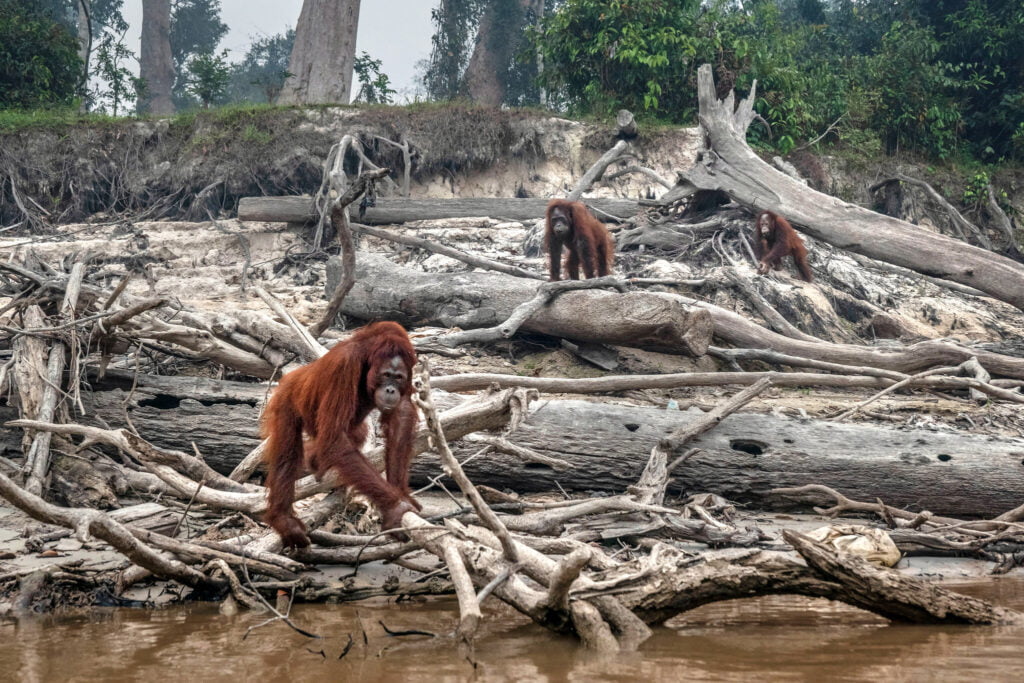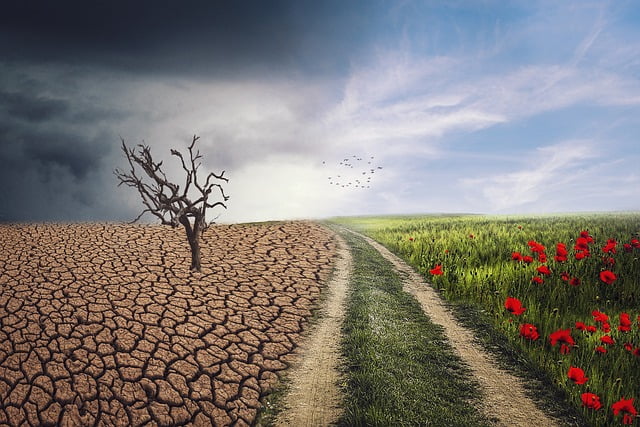Diminishing Resources, Growing Impact: 12 Effects of Natural Resource Depletion on Human Life

The Earth’s bounty of natural resources has sustained humanity for centuries, providing us with everything from food and water to energy and materials. However, our unchecked consumption and unsustainable practices have led to the rapid depletion of these valuable resources. This depletion goes beyond environmental concerns, touching various aspects of human life. In this blog post, we’ll explore 12 Effects of Natural Resource Depletion on Human Life, highlighting the urgent need for conservation and responsible resource management.
1. Water Scarcity and Quality

Depletion of water sources due to over-extraction and pollution has led to water scarcity in many regions. Lack of access to clean water affects sanitation, hygiene, and health, leading to waterborne diseases and a decreased quality of life.
Read More: Why We Need to Visit Natural Places
2. Food Insecurity

Depletion of fertile soil, overfishing, and habitat destruction impact agriculture and fisheries. This results in reduced food production, higher prices, and food scarcity, particularly affecting vulnerable communities.
3. Energy Crisis

Depletion of fossil fuels like coal, oil, and natural gas threatens energy security. As these resources dwindle, energy prices rise, impacting economies and individuals’ ability to meet their basic needs.
Read More: 10 Ayurvedic Plants You Must Have At Home
4. Air and Water Pollution

Resource extraction and consumption often lead to pollution, and degrading air and water quality. This pollution contributes to respiratory diseases, skin problems, and other health issues, diminishing the overall quality of life.
5. Biodiversity Loss

Resource depletion destroys habitats and disrupts ecosystems, leading to the extinction of plant and animal species. This loss of biodiversity affects ecosystem services vital for human survival, such as pollination and water purification.
Read More: Sacred Trees, Plants and Fruit in Hindu Culture
6. Climate Change

Depletion of fossil fuels contributes to greenhouse gas emissions, accelerating climate change. Rising temperatures, extreme weather events, and sea-level rise have far-reaching effects on human habitats, agriculture, and livelihoods.
7. Economic Instability

Resource scarcity and environmental degradation disrupt economies by affecting industries, supply chains, and trade. Rising resource prices can lead to inflation, unemployment, and economic instability.
Read More: 8 Transformative Ways to Infuse Positive Effects into Our Lives
8. Health Complications

Pollution resulting from resource depletion leads to various health issues, including respiratory problems, cardiovascular diseases, and cancers. Communities living near polluted areas are particularly vulnerable.
9. Conflict and Migration

Resource scarcity can lead to competition for dwindling resources, causing conflicts within and between communities. Additionally, depletion-induced displacement and migration strain resources in new areas, potentially triggering conflicts.
10. Loss of Livelihoods

Depletion of resources such as fisheries and forests impacts livelihoods dependent on these sectors. Communities that rely on these resources for sustenance and income are left economically vulnerable.
Read More: Unbelievable Natural Phenomena: A Glimpse into the World’s Wonders
11. Educational Disruption

Resource depletion can disproportionately affect education in communities that rely on natural resources for income. Children might be forced to drop out of school to help their families cope with changing circumstances.
12. Loss of Cultural Heritage

Indigenous and local communities often have deep cultural connections with their natural surroundings. Resource depletion disrupts these cultural practices, leading to the loss of traditions, knowledge, and identity.




